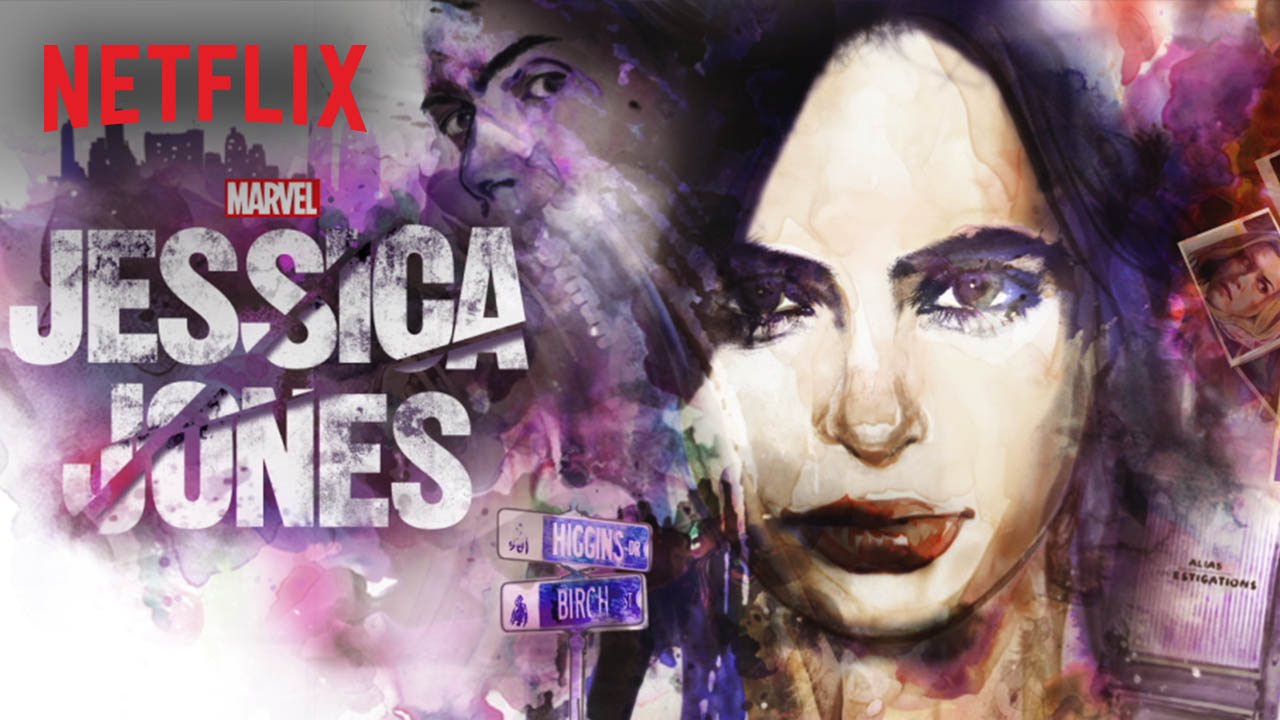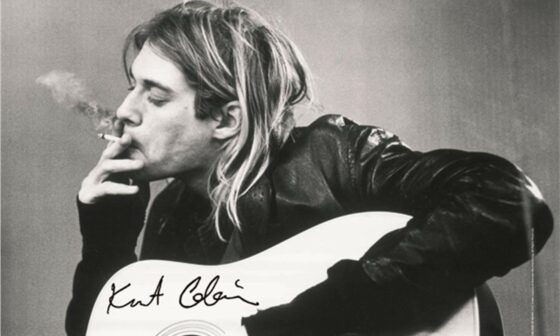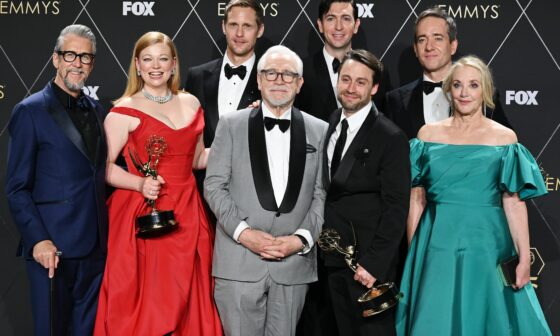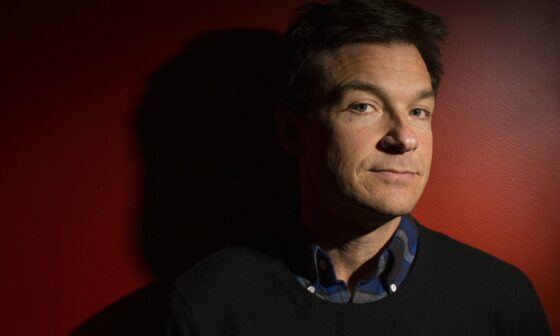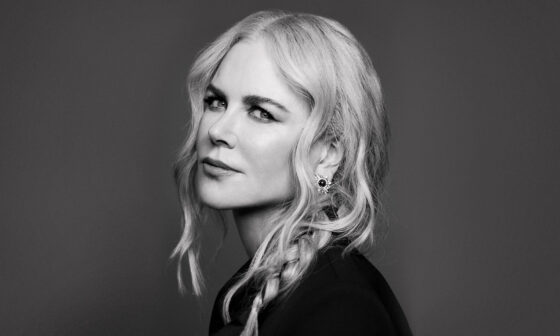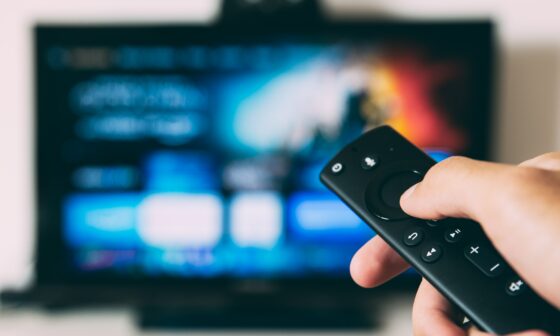Marvel’s foray into more adult programming with their Netflix deal already started off on a fantastic note with Daredevil, a show finally worthy of the character’s legacy thanks to its insight into the darker realms of the Marvel Cinematic Universe. The streaming platform allowed for not only more complex storytelling but also exploring violence within this world and examining more morally questionable heroes and villains.
Marvel has quickly followed up this success with Jessica Jones, based on Brian Michael Bendis and Michael Gaydos’ acclaimed Alias comic, and whilst its impact may not be as immediately strong following in the footsteps of Matt Murdock it certainly doubles down on the depraved to create the most unique product to come out of The House of Ideas.
As much as Daredevil was a show unsuitable for the younger Marvel fan, Jessica Jones is an even more adult show, upping not only the violence but also adding sex and bleak themes like murder, rape and PTSD. Mixing detective murder mystery with psychological drama, the show’s 13-episode first season is certainly a harrowing experience for those expecting a more action-heavy ride.
Like Daredevil before it, Jessica Jones explores the complex morality of its main characters and gives both its heroes opportunities to go bad and its villains chances to show humanity. Jones herself is an abrasive antisocial shut-in who constantly refuses help, but only because every time she does someone gets hurt. On the other side, Kilgrave is motivated by what he believes to be undying love but he’s become so unhinged by his dangerous power that he often fails to understand his own horrid actions.
Though the show does distance itself from the brighter aspects of the MCU (there’s even the typical scene where Jones is shown her comic book counterpart’s costume and laughs it off), there are some interesting Easter eggs for True Believers to spot and some allusions to both The Avengers and Daredevil in certain episode plots. The show’s overarching story is perhaps spread a little too broad at 13 episodes and there’s a lot of subplots left dangling for an unconfirmed second series, but the overall experience remains consistently engaging and ends each episode with a hook that will force your hand into watching just one more.
Casting Krysten Ritter in the role of a super-powered private detective is an odd choice on paper, but her strong dramatic and comedic chops are perfectly suited to Jessica Jones, a character who could be described as ‘lush’ in several senses of the word. Her sardonic sense of humour and no-nonsense attitude make her always a joy to watch whether kicking ass physically or verbally, but her psychological frailty, her constant need for another bottle of booze, and her looming fear of being lured back into Kilgrave’s clutches make her a vulnerable and relatable character instead of just an invincible smack-talker.
Mike Colter makes a valuable ally as Marvel staple Luke Cage, exchanging wonderful romantic chemistry with Ritter whilst also being able to smack a lot of heads; he’s more than deserving of his own upcoming series. Rachael Taylor is a major surprise as Trish “Patsy” Walker, acting as the perfect moral conscience to Jones’ self-destructive pessimism and proves herself a capable ally in many tough situations, perhaps even enough so to warrant her possibly taking on her comic book alter ego of Hellcat in future seasons. Eka Darville’s support as social worker-turned-drug addict Malcolm is also more than welcome whether providing humour whilst high as a kite or acting as another voice of reason when sobered up.
Jessica Jones is a show full of sketchy characters, many of whom would have you believe they’re the heroes. Carrie-Anne Moss’ Jeri Hogarth is a prime example of this, constantly scheming to her own agenda in spite of it causing her to lose everything she’s actually fighting for. She’s exactly the kind of character you love to hate, causing so much frustration when her arrogance gets in the way but doing so with so much confidence in her own venomous behaviour that her story remains fascinating throughout.
It’s also great to see Marvel finally tackle a prominent homosexual character, handling the subject with a lot of class and avoiding pretty much every stereotype you can think of. Wil Traval’s Simpson is also an interesting case of moral confusion, embodying a character that certainly wants to do the right thing but goes about his goals in the most destructive ways possible. His psychotic episodes can be a little OTT, but considering this is a character created by Frank Miller we’re talking about he’s practically reserved compared to his comic book counterpart.
But the real star of the show is the former Time Lord himself David Tennant as Kilgrave. Tennant here has crafted a villain that perhaps trumps even Marvel’s strongest foes like Loki, Ultron and Kingpin through his eerily unsettling performance. He steals every scene he strolls into, unnerving you in your seat to wait for what kind of horrible tragedy he can force someone into next, all whilst remaining unabashedly cheery as he does it.
He really convinces as a man oblivious to many of his crimes, made clear in a wonderful sequence where Jones actually convinces him to briefly use his mind-controlling powers to save lives, but before you can ever feel true sympathy he snaps back into loathsome nutjob. The back-and-forth between him and Ritter is what keeps the show compelling from start to finish, and if there’s any way to keep him involved in the MCU on the small or big screen I’m all for it.
Marvel’s Netflix shows have always been about showcasing lower-tier heroes with more grounded powers, and even though three of Jessica Jones’ main characters are enhanced in some way it’s arguably a more grounded show than even Daredevil was. The fight sequences are certainly less impressive, but considering we’re dealing with a street-brawling detective rather than a man trained into a martial arts master that’s to be expected.
Despite this there are certainly still some action highlights like Jones and Trish taking on an off-his-rocker Simpson or Jones forced into a battle with a mind-controlled Cage, but the emotional drama always conquers the physical here. The special effects are minimal but generally convincing, though Jones’ jumping powers never look quite right; thankfully it’s a power used sparingly.
Jessica Jones takes a lot of influence from film noir, from its moody opening theme and titles to Ritter’s ever-present narration to the gloomy way the cinematography captures the crime-ridden streets of New York. Marvel has once again succeeded in coating one of its properties in another genre’s colours, providing more solid proof that superheroes aren’t just about guys with giant hammers trying to stop Armageddon.
Jessica Jones is another success story for Marvel’s ever-expanding hold on popular culture. Expanding further beyond the boundaries that Daredevil broke for the company, this is a show that not only comic book junkies will find satisfying but also has plenty of crossover appeal for fans of pulp crime fiction or just anyone who loves a TV show with strong characters and a compelling story.
It’s hard to call anything that Marvel does anymore a risk, but they’ve yet to have even their most bizarre experiments fail, and with a track record like theirs why should they rest on their laurels now? Jessica Jones isn’t exactly going to pump you up for the next big Marvel blockbuster, it’s completely the wrong type of show for that, but if you can’t get enough of this ever-expanding universe and you want to see that toy box used for something a little more risqué, this is exactly the show you’ve been looking for. Clear out a weekend, boot up Netflix, get yourself comfortable, and enjoy 13 hours of the most subversive superhero show on the market right now.
#Peace.Love.JessicaJones


